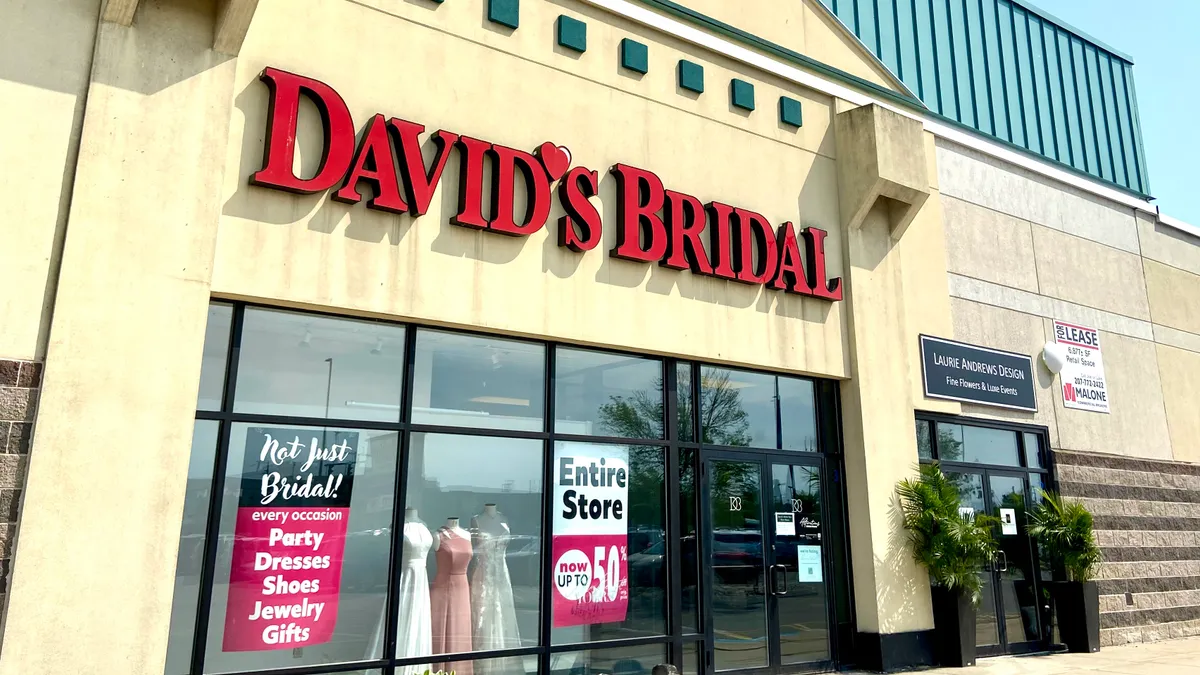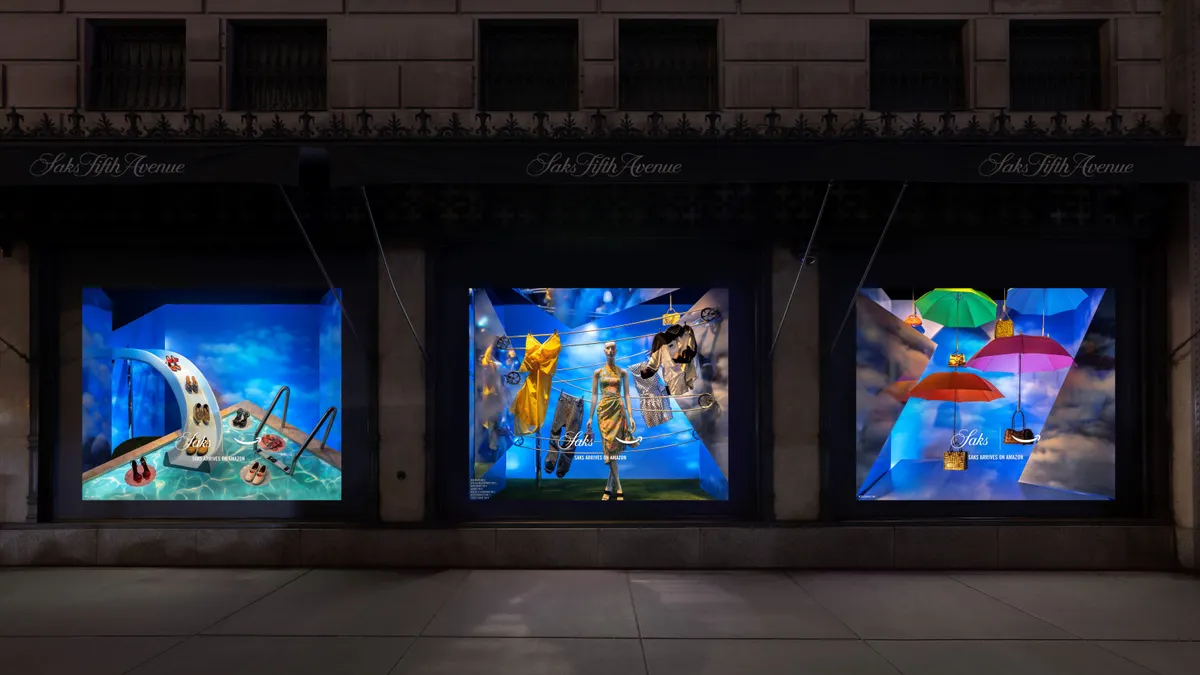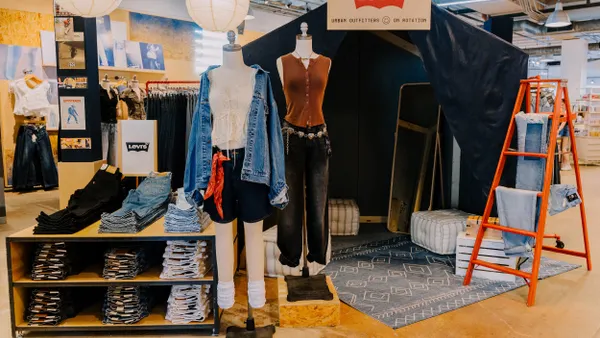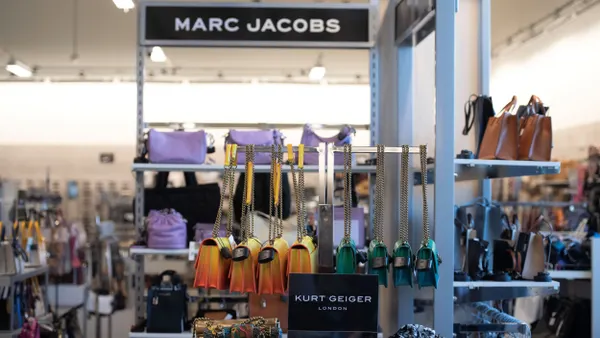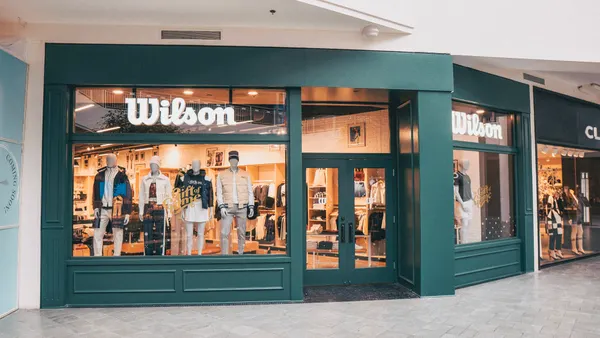Dive Brief:
-
Nearly 200 David’s Bridal stores will stay open, following bankruptcy court approval of the retailer’s sale to asset management firm Cion Investment Corp, several outlets reported last week.
-
As part of the deal to keep the bridal retailer operating, Cion has agreed to pay some of its debt, costs related to store leases and bankruptcy-related fees, Reuters reported. The sale shrinks the retailer’s debt from $256.9 million to $50 million, per that report.
-
The purchase amount was not reported. Neither David’s Bridal nor Cion immediately responded to a request for more information.
Dive Insight:
David’s Bridal has been trying to sell itself since before it filed for bankruptcy in April. Although the search for a buyer continued within the Chapter 11 process, the retailer said it was prepared to liquidate.
The company’s large store fleet had been weighing it down, and its chief executive at the time said it would likely close stores. Also in April, the company laid off 9,000 workers.
As of earlier this year, the company was running 294 stores, including 278 U.S. locations in 49 states, 12 stores in Canada and four U.K. stores. Under the plan outlined in court Friday, most of those stores would continue operating. Cion agreed to keep 195 locations running, per news reports.
While two other entities bid on David's Bridal’s intellectual property, they declined to acquire inventory or keep stores open, and neither offer topped $250,000 in cash, per Reuters’ report, citing testimony from one of the retailer’s financial advisers.
"It's essentially this or nothing," U.S. Bankruptcy Judge Christine Gravelle said of the Cion offer, per that report.
David’s Bridal took a previous spin through bankruptcy about four years ago and has been working to diversify its niche. In recent years, the retailer debuted its first Quinceañera collection, partnered with Little Tuxedos on children’s formal attire and introduced an eight-piece wedding gown collection made partially from recycled fibers. However, the pandemic scrambled its business further as couples delayed their events or held them virtually.



